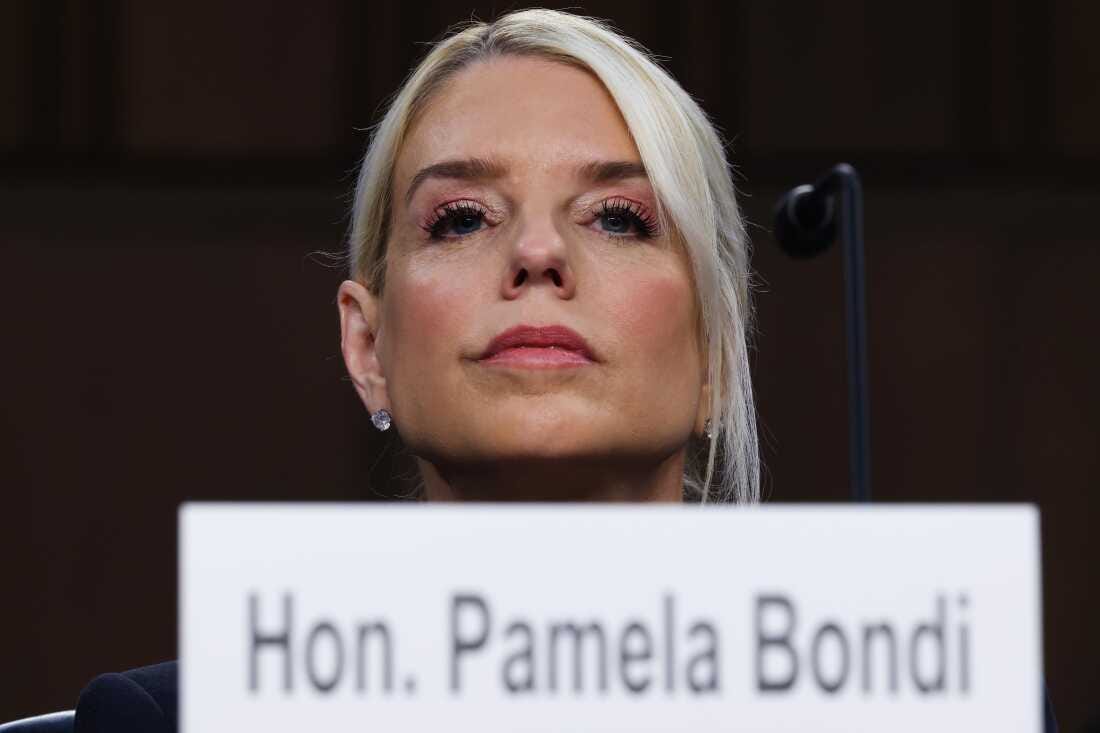The Files They Don’t Want You to See
Power, protection, and hypocrisy in America’s most untouchable scandal
When Congress’s newest member, Adelita Grijalva, arrived in Washington to take her oath, Speaker Mike Johnson refused to swear her in. No notice. No ceremony. No reason.
Grijalva’s signature would have been the 218th needed to force a House vote releasing the Epstein files. These are the documents that could expose who helped or protected Jeffrey Epstein’s trafficking network. Johnson blamed the shutdown. Yet earlier this year, he swore in two Republicans during the same type of session. The only difference this time is that Grijalva’s vote threatens those files.
At the same time, Donald Trump refused to rule out pardoning Ghislaine Maxwell, Epstein’s convicted partner. His base erupted in anger. The same followers who believed he would “drain the swamp” now see him defending one of its darkest figures.
Then came Pam Bondi, the attorney general. During a Senate hearing, she was asked who ordered Trump’s name to be flagged and redacted from the Epstein records. Bondi smiled and refused to answer. The documents later confirmed the order came from her office.
Three stories. Three institutions. One result. Silence.
Institutional Cover-Up
This is not random. It is a pattern.
Congress delays the vote.
The president hints at pardons.
The attorney general hides the evidence.
Each branch claims independence, but all act to protect the same people. The system built to hold power accountable now shields it. Checks and balances still exist on paper, but in practice, they serve as camouflage.
The cover-up is not about what the files say. It is about who the files could expose. Once powerful names appear, the system closes ranks.
Elite Self-Preservation
Epstein was never a lone predator. He was a gatekeeper for the elite. Politicians, bankers, and celebrities used him to move in the same social circles.
Bondi’s redactions, Trump’s hesitation, and Johnson’s delay all point to the same motive. Self-preservation.
The people guarding the files are not protecting national security. They are protecting each other. Those records could ruin reputations, destroy campaigns, and expose donors who fund both parties. In that light, silence is survival.
Trump once promised to expose corruption. Now he sits in the same room as those he once condemned.
Moral Hypocrisy of Populism
Trump built a movement on the promise of truth. He told working people he would fight the elites. He said he would never protect them. But now his government is doing exactly that.
By floating a pardon for Maxwell, Trump chose loyalty over justice.
By blocking Grijalva’s oath, Johnson chose control over honesty.
By dodging questions in Congress, Bondi chose power over law.
Populism once sounded like rebellion. Today it looks like protection. The outsider became the insider. The reformer became the shield.
The Epstein case stopped being about one criminal a long time ago. It became a test of whether any part of the American system still wants the truth.
What If the Files No Longer Matter
Even if the files are released, they will be redacted, rewritten, and edited until nothing real is left. The truth will stay buried under paper and signatures.
So maybe the question is not whether we will ever see the files. Maybe the real question is why we keep pretending they will change anything.
Because deep down, everyone already knows.
We know who they are.
We know what they did.
And we know why they hide it.
The file is no longer the point. The point is what comes next.
They promised the truth. They hid it.
Now it is on us to decide what we do with what we already know.



In all its simplicity again a killer article leaving the reader with the choice of accepting this enforced cover up or protest/fight against it. Doing nothing gives a feeling of complicity and/or feeling betrayed. In case of action the question is what to do? I would propose to write and complain to your political representative and do it on a never seen scale before. Something's gotta give!